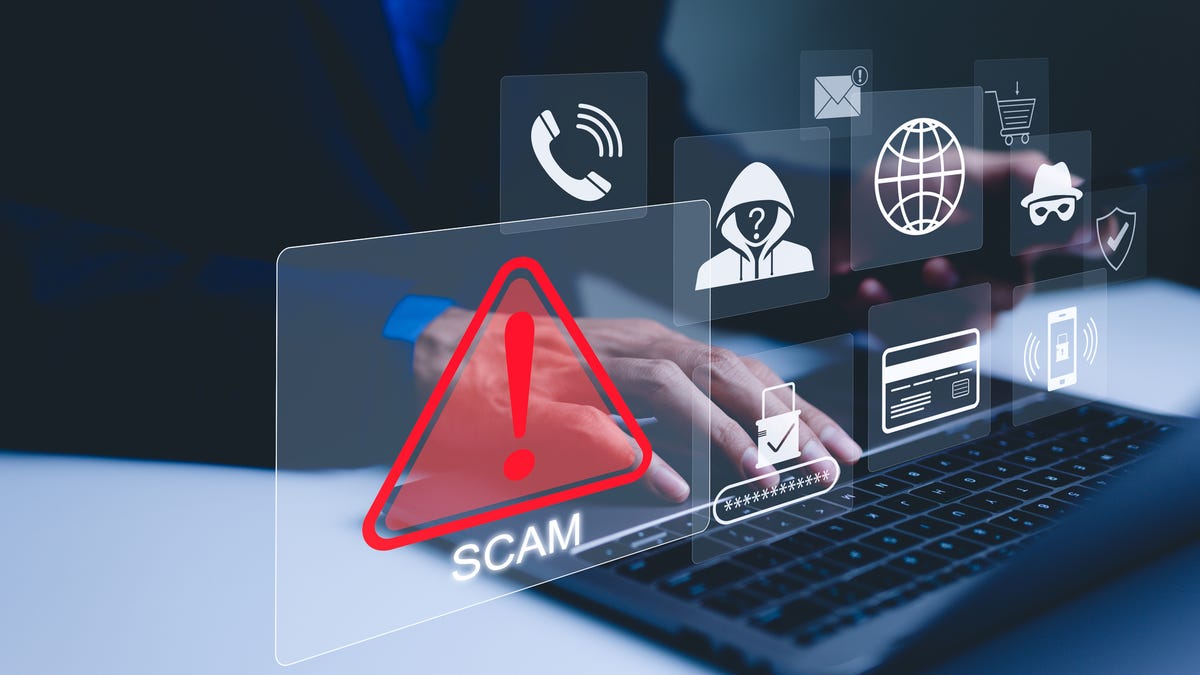Scams often evolve over time and may include scammers pretending to be law enforcement or using crypto ‘ATMs.’

Smishing texts: what are they, what you can do
Smishing texts are a scam intended to trick the receiver into sharing personal information, like bank details.
Problem Solved
- The Manitowoc Police Department has reported a significant increase in scams in recent months.
- Scammers frequently pose as romantic interests or law enforcement officials to deceive victims.
- Residents are advised to be wary of cryptocurrency ATMs, as they are often used in scams.
- To report a scam or seek assistance, contact local law enforcement or utilize available online resources.
MANITOWOC – Exercise caution.
Refrain from transferring currency to unknown or unverified sources.
And contact police if you have questions or concerns.
Manitowoc Police Department Capt. Cooper Schmidt, in a news release Tuesday, advised the public to take those actions to avoid being the victim of a scam.
He said the department has seen “a dramatic increase” in scams over the past few months and shared the following about how scammers are attempting to deceive victims.
Scammers often deceive victims over a period of time via social media or phone.
Schmidt said scams are usually done over social media or via phone. He added they often take weeks or months to unfold.
“Scammers are persistent and will often communicate with victims under the pretense they are interested in pursuing a long-distance romantic relationship,” Schmidt said.
Scammers will groom their victims by asking them to send small amounts of money, gradually working toward larger sums of currency, banking information or sensitive personal identifying information, he explained.
“In the event this approach doesn’t work, scammers will solicit illicit photographs from their victim, which will then be used as blackmail,” Schmidt said.
Scammers often pretend to be police.
Scammers are known to pretend to be local law enforcement, informing the victim they’ve missed court, forgotten to pay a fine or have outstanding debts owed to the government, Schmidt said.
“The scammers are often threatening, aggressive and demanding when asking for payment for the fictitious fines,” he said.
Scammers almost always request payment via gift cards, cryptocurrency or other forms of electronic payment, which makes it hard for investigators to trace them, he said.
“These investigations often yield very little retribution for the victims of these crimes — some of which have sent thousands of dollars and even life savings,” Schmidt said.
Scammers are using cryptocurrency ‘ATMs.’
The area has seen “a dramatic increase” in the number of crypto “ATMs,” including Coinstar, RockItCoin, Bitstop and Bitcoin Depot, Schmidt said.
While these “ATMs” are sometimes used legitimately, he said they would never be used by government to collect payment for outstanding fines or fees.
The majority of the transactions at these “ATMs” are subject to a large transaction fee and are almost always a scam, he said.
Anyone instructed to transfer money through these machines should be skeptical if they do not absolutely know the receiver of the currency, Schmidt said.
How to report a scam
People can report a scam by contacting local law enforcement at the following numbers:
- Manitowoc Police Department non-emergency line: 920-686-6500;
- Crime Stoppers of Manitowoc County: 920-683-4466;
- Manitowoc County Sheriff’s Office: 920-683-4200;
- Two Rivers Police Department: 920-686-7200;
- Kiel Police Department: 920-894-2211;
- 911 in an emergency; or
- Via the P3 app.
Online, people can find more about scams and how to report them at these websites:
Contact Brandon Reid at breid@gannett.com.







